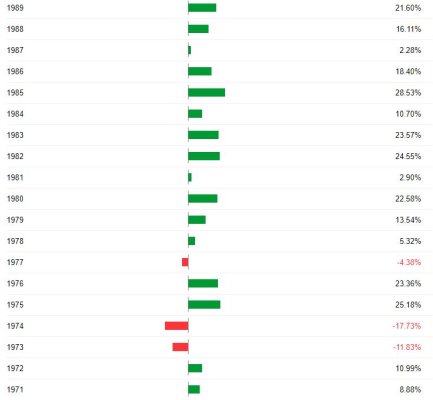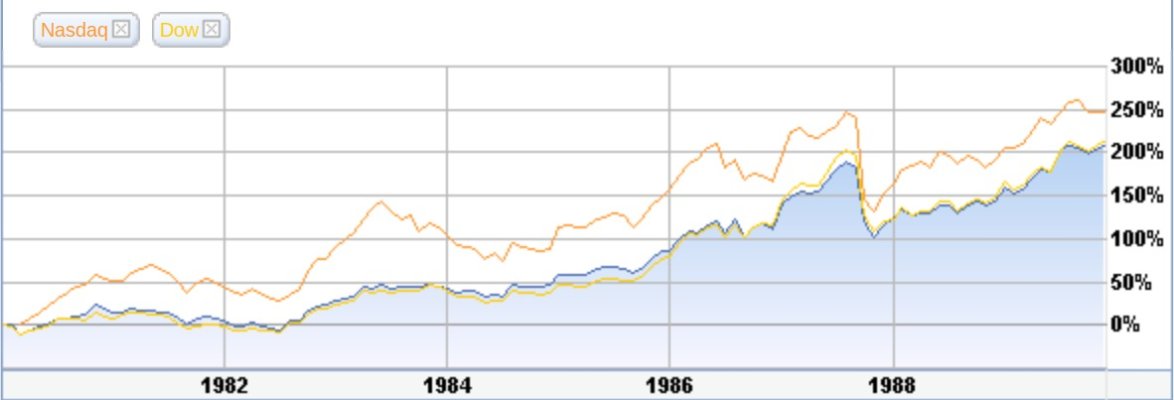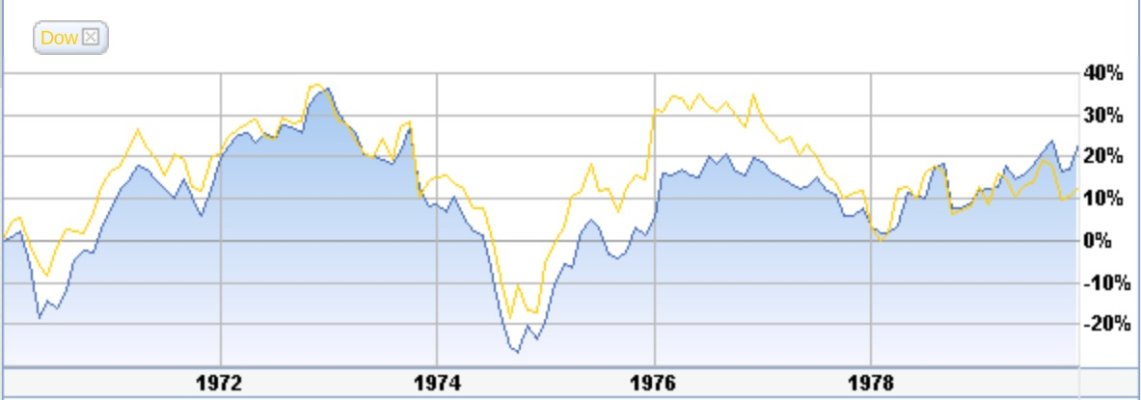Corporateburnout
Thinks s/he gets paid by the post
- Joined
- Sep 30, 2006
- Messages
- 1,743
Are we concerned about inflation? not a lot. The future may be different than the past but based on Firecalc's 147 years of data our portfolio would survive periods of super high inflation like the 70's and early 80"s.
As retirees with no mortgages or any other debt there is little we can do to mitigate high inflation other than to buy high rate CDs in our fixed income investment to offset some of the increase in prices of goods and services.
So we plan to keep our AA as is and continue to enjoy retirement...
As retirees with no mortgages or any other debt there is little we can do to mitigate high inflation other than to buy high rate CDs in our fixed income investment to offset some of the increase in prices of goods and services.
So we plan to keep our AA as is and continue to enjoy retirement...
Last edited:




